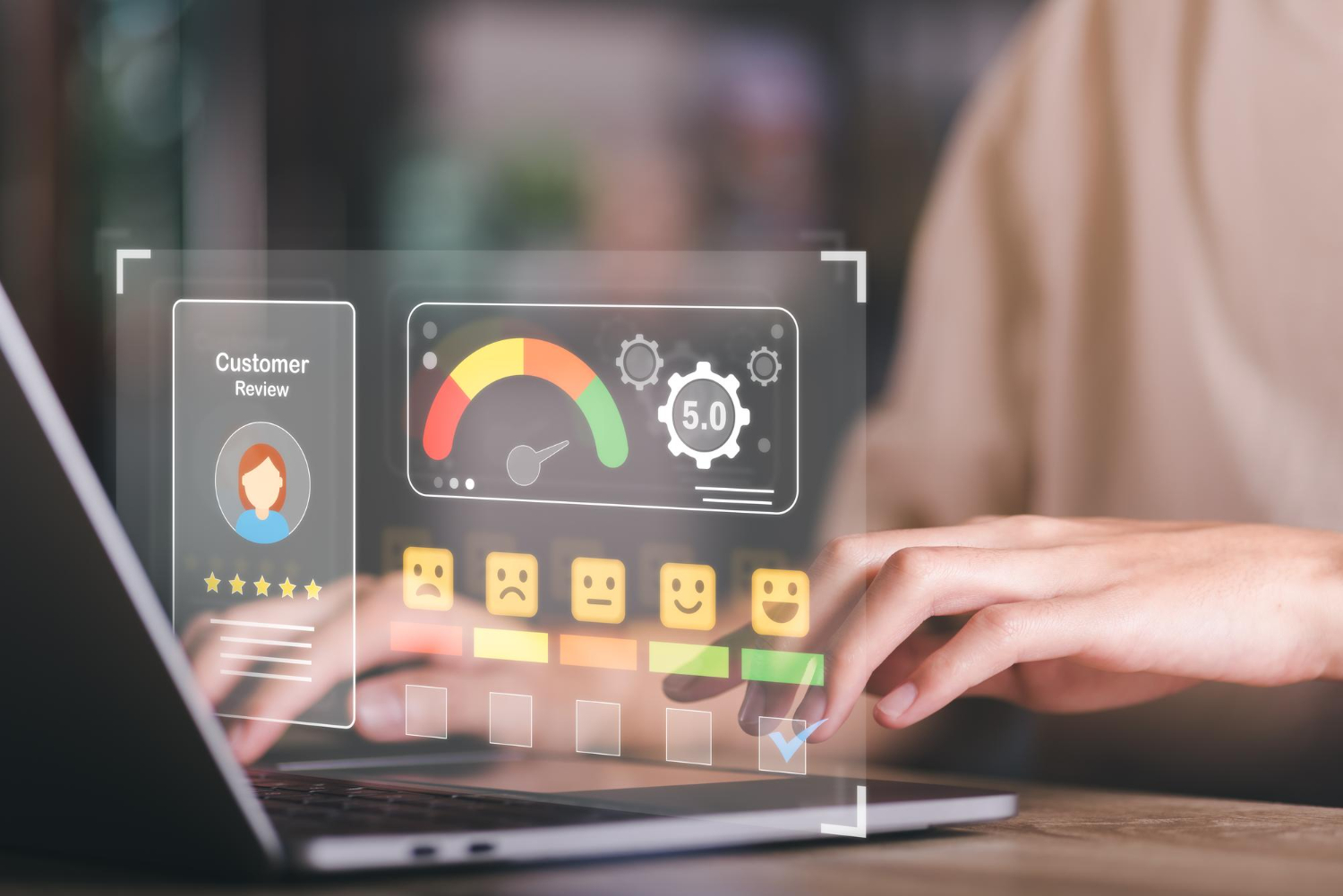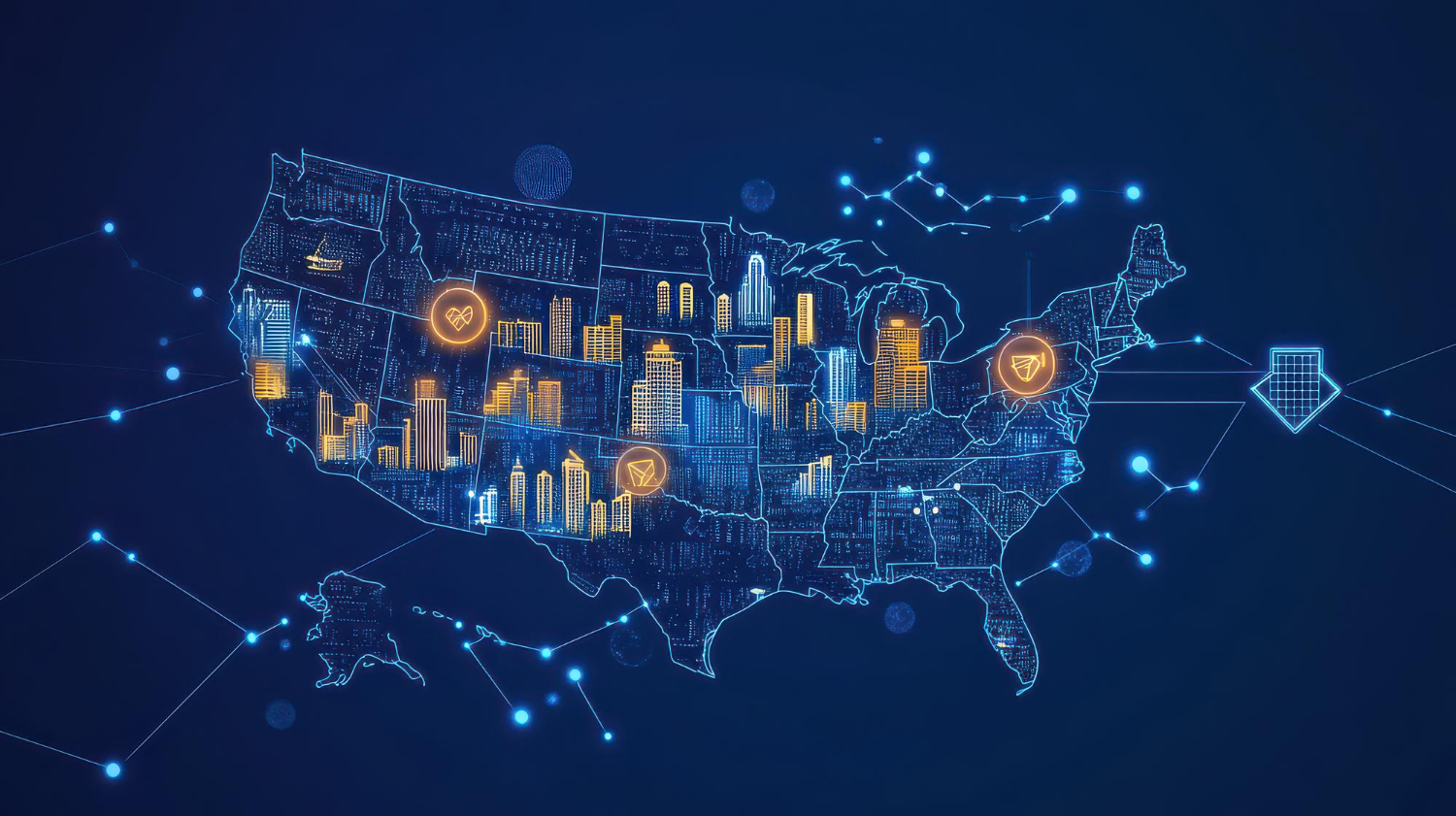Geopolitical risks are an ongoing factor in wealth management, constantly shaping investment strategies. From trade tensions to global regulatory changes, geopolitical shifts impact markets and, consequently, how wealth managers allocate assets. Wealth managers play a crucial role in navigating these risks - anticipating their impact and safeguarding client assets through careful, informed decision-making.
What is geopolitical risk?
Geopolitical risk is essentially the impact of political events on economic stability. This can range from trade policies and regulatory changes to sudden conflicts and currency fluctuations. Each shift has the potential to change the value of investments, and in today’s interconnected world, these risks extend far and wide.
Consider the effects of trade tensions between major economies like the U.S. and China. Such standoffs can ripple through global markets, affecting everything from commodity prices to supply chains. Similarly, political unrest in oil-rich regions often leads to price hikes in the energy sector, which can impact related investments. Wealth managers must stay alert to these shifts, analyzing their potential effects on various assets and finding ways to protect their clients’ interests. This requires not only financial expertise but also a deep understanding of global politics and market psychology to navigate these complexities effectively.
Geopolitical risk and investment - strategies amid uncertainty
To manage portfolios in the face of geopolitical risk, wealth managers adopt strategies that allow for flexibility and resilience. One common approach is diversification - investing in a broad range of sectors and regions. During times of political uncertainty, certain sectors like technology, healthcare, and consumer staples tend to be less affected by geopolitical disruptions. By balancing portfolios across these sectors, wealth managers aim to cushion portfolios from sudden shocks.
Alternative investments also play a role in managing risk. Real estate in politically stable regions, or commodities like gold, can act as safe havens during turbulent times. These assets help stabilize portfolios when global events disrupt traditional markets. For instance, if a portfolio holds assets in a politically unstable region, investments in tangible, stable assets like real estate and commodities can help offset potential losses.
In today’s data-driven world, wealth managers rely on analytics to monitor global trends and assess risks in real-time. For instance, they can track the performance of assets in regions under economic sanctions and adjust portfolios as needed to maintain stability.
How to navigate regulatory changes?
Regulatory shifts are another significant aspect of geopolitical risk that can impact investments. Government policies, from trade regulations to data privacy laws, heavily influence wealth management. For instance, the EU’s GDPR affects how firms handle client data globally. Wealth managers must navigate these rules efficiently, especially across regions.
Trade tariffs and sanctions also shape investment strategies. New restrictions may require portfolio adjustments, and understanding the geopolitical context helps managers stay ahead.
By staying updated on regulatory changes, wealth managers can remain compliant and agile. Many firms use tech-driven compliance tools to quickly adapt, reducing disruptions to client portfolios.
Balancing opportunities and risks in emerging markets
Emerging markets offer high growth potential, but they are often accompanied by heightened geopolitical risks such as political instability, currency volatility, and corruption. While these risks might seem daunting, emerging markets are an important part of diversified portfolios due to their rapid economic growth and potential returns.
Wealth managers typically focus on industries with high growth potential in these regions, such as technology, renewable energy, and healthcare. Data analysis plays a critical role here, as managers can use historical data and economic indicators to identify patterns that inform investment decisions. For example, if a country in an emerging market shows early signs of political instability, managers can analyze the potential impact on their portfolios, allowing them to adjust investments proactively.
By relying on comprehensive data, wealth managers can capture growth opportunities while minimizing exposure to the inherent risks of emerging markets.
The critical role of real-time data
Timely, reliable data is essential in managing geopolitical risk effectively. In a world where markets react quickly to global events, having access to up-to-date information enables wealth managers to make swift decisions that protect client portfolios. Real-time data allows managers to react to political or economic changes as they happen, helping shield portfolios from sudden market shifts.
Data also supports a proactive approach to wealth management. For instance, if political events cause a sudden devaluation in a country’s currency, wealth managers with real-time data can adjust their portfolios by reallocating assets or hedging against further losses. This rapid response reduces the impact of unforeseen events, giving wealth managers the upper hand in managing risks.
The takeaway
The relationship between geopolitical risk and investment management is stronger than ever. Wealth managers today must stay informed on global trends, adapt to regulatory changes, and use data for proactive decision-making.
Successful wealth management involves understanding geopolitical risks, using data to guide investments, and maintaining a diversified portfolio that anticipates change. Those who remain adaptable can better protect and grow their clients' assets as risks evolve.
Navigating the intersection of politics and finance is complex, but with the right preparation, wealth managers can ensure their clients' wealth thrives in a shifting landscape. Those skilled in managing geopolitical risks will safeguard wealth and position it for long-term success.
Our wealth management platform can make this easier, so be sure to explore its capabilities





























































.jpg)















.jpg)
.jpg)

.png)

.png)
.png)


.png)

.png)










